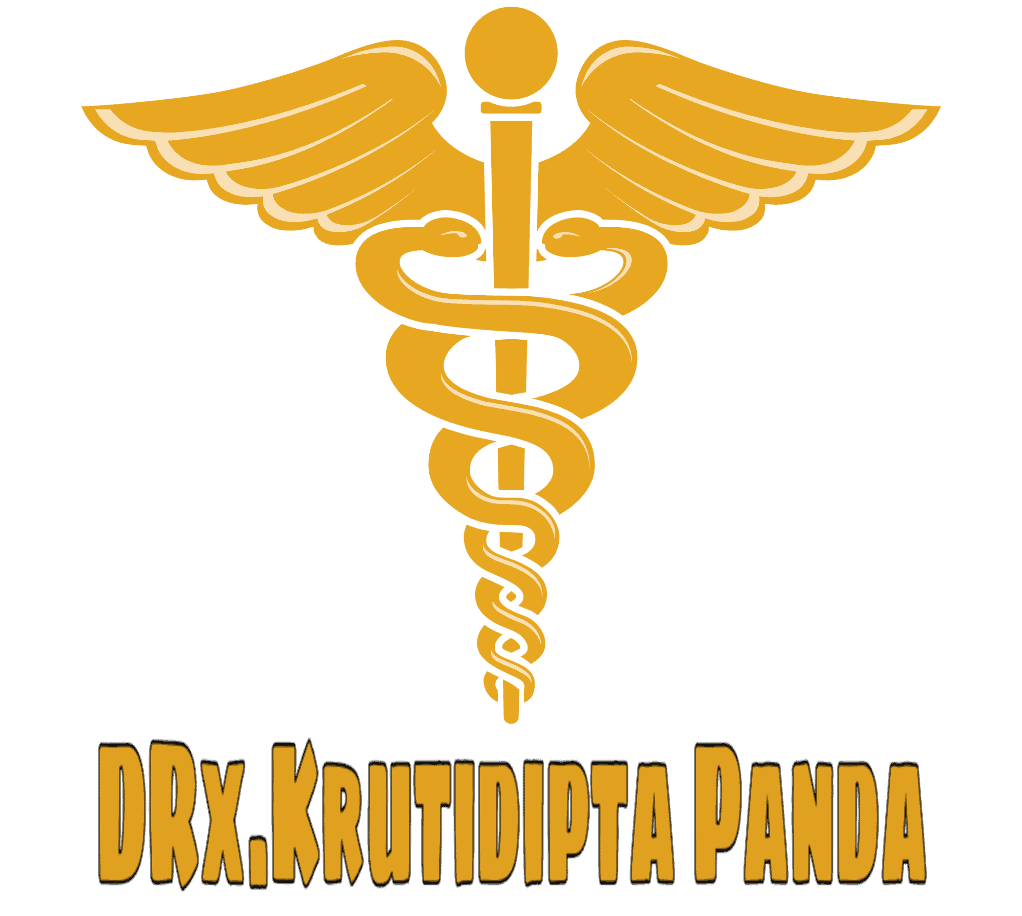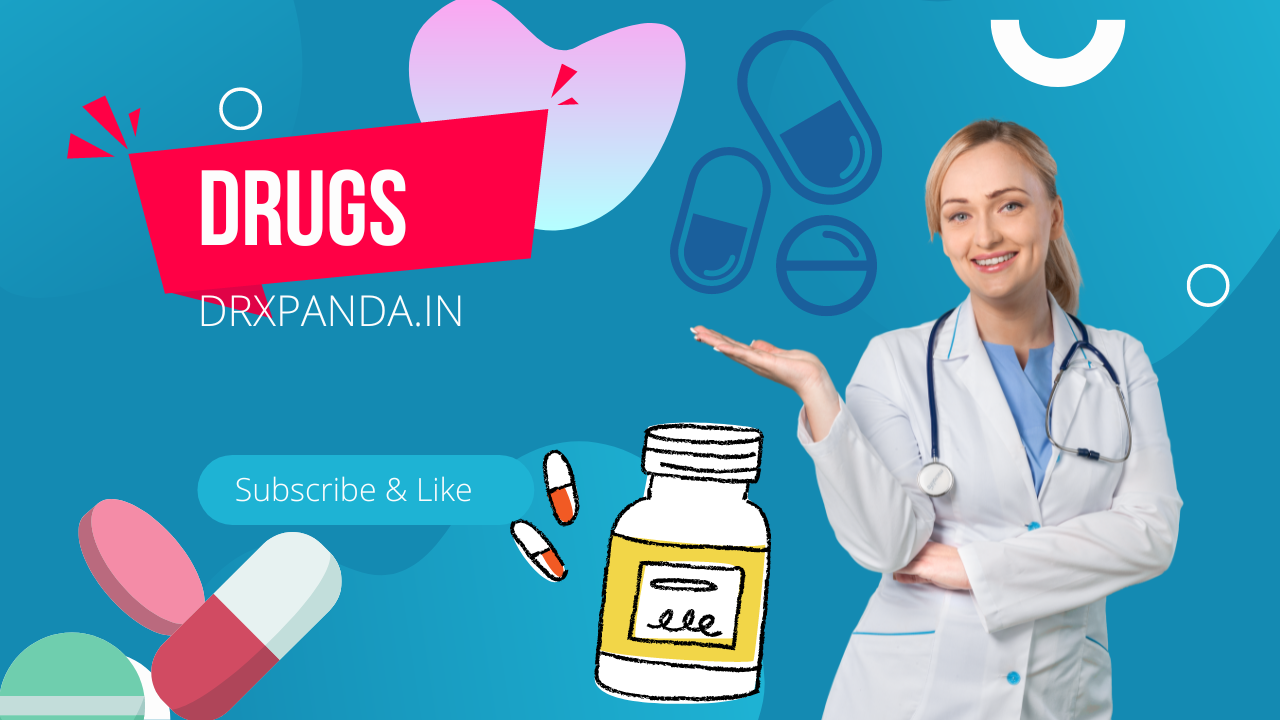Introduction of drugs / Definition –
The drug is the single active chemical entity presenting medication that is used for disease diagnosis, prevention, treatment, and cure. This disease-oriented definition of medications excludes contraception and the use of drugs to improve health. The WHO (1966) provides a more broad definition: “Drug is any substance or product that is used or is intended to be utilized to modify or study physiological systems or pathological conditions for the benefit of the recipient.”
(French: Drogue-a dry herb)
The term “drugs” is also used to refer to addictive and misused illegal substances. However, this limited and disparaging sense usage is a terrible degradation of a time-honoured term, and the term “drug” should refer to a substance with some therapeutic/diagnostic application.
Introduction
Well, folks, it’s high time we had a chat about the topic that’s often on the tip of our tongues but remains shrouded in a veil of complexity – the world of Drugs or Medicine. Whether we’re dealing with a pesky cold or managing a chronic condition, drugs and medicine have become an integral part of our lives. They’re the unsung heroes, the magic potions of our time, bridging the gap between disease and health, discomfort and relief.
The Great Enigma: Drug or Medicine?
So, what’s in a name? Are drugs and medicines the same, or do they dance to different tunes? Let’s untangle this knot.
Drugs: The Power Players
In the simplest terms, a drug is any substance (excluding food) that changes the way the body or mind functions. They can be as innocent as the caffeine in your morning joe or as potent as the anaesthetics used in surgeries.
Medicine: The Healing Touch
Medicine, on the other hand, is a subset of drugs designed for therapeutic purposes. They’re the good guys, the white knights, the ones we turn to when the going gets tough, and we need a health boost.
The Fantastic Voyage: Journey of a Drug
Ever wondered how a drug makes its way from the lab bench to your medicine cabinet? Buckle up, ’cause it’s quite a ride!
Discovery and Development
It all begins with a spark of inspiration, a scientific hunch. Researchers identify potential targets for drug development, often through years of painstaking research.
Preclinical Testing
Before any human gets a whiff of the new drug, it has to pass rigorous tests in the lab and in animal models. This stage ensures the drug isn’t playing fast and loose with safety.
Clinical Trials
If a drug clears the preclinical stage, it’s on to the big leagues – clinical trials. These are divided into three phases, each with an increasing number of human participants.
FDA Review
The big boss, the Food and Drug Administration (FDA), steps in at this stage. They review the drug’s performance and safety data, and if all’s well, give it the green light.
Post-market Monitoring
Even after approval, the drug is closely watched to ensure its safety and efficacy in the larger population.
Drugs and Medicine: The Dynamic Duo in Health and Disease
Drugs and medicine play a pivotal role in maintaining our health and combating diseases. They work in tandem, much like Batman and Robin, to keep us in tip-top shape.
Prevention and Vaccines
An ounce of prevention is worth a pound of cure, and nothing exemplifies this better than vaccines. They’re the ultimate protective shield, training our immune system to fight off potential threats.
Treatment and Cure
When diseases do manage to sneak past our defences, medicines come to our rescue. From antibiotics to painkillers and antivirals, these warriors help restore our health.
Management of Chronic Conditions
For chronic conditions like diabetes or hypertension, medications are the unsung heroes, diligently working to keep symptoms in check and prevent complications.
The Future of Drug and Medicine: A Glimpse into the Crystal Ball
The future of drugs and medicine is as exciting as it gets. From personalized medicine to the use of artificial intelligence in drug discovery,
we’re standing at the cusp of a medical revolution. Hold on tight, ’cause the future is here!
Personalized Medicine
Imagine a world where your medicine is tailored just for you. Personalized medicine aims to do just that, factoring in your unique genetic makeup to prescribe the most effective treatment. Ain’t that something?
Artificial Intelligence in Drug Discovery
AI is no longer just the stuff of sci-fi. It’s making waves in the pharmaceutical world, accelerating drug discovery, and reducing the time it takes to get a drug from the lab to your local pharmacy.
Frequently Asked Questions (FAQs)
1. What’s the difference between a drug and a medicine? Well, in a nutshell, all medicines are drugs, but not all drugs are medicines. Drugs are substances that change the way the body or mind functions, while medicines are drugs used for therapeutic purposes.
2. How are new drugs developed? The journey of a drug, from a twinkle in a researcher’s eye to your medicine cabinet, involves several stages – discovery and development, preclinical testing, clinical trials, FDA review, and post-market monitoring.
3. Why do some drugs have side effects? Here’s the thing, drugs aren’t picky. They can interact with parts of the body they’re not intended to, leading to side effects. Most are mild, but some can be severe, hence the importance of following your healthcare provider’s advice.
4. What is personalized medicine? Personalized medicine is like your favourite bespoke suit. It’s a treatment approach tailored to your unique genetic makeup, ensuring the most effective treatment for you.
5. How does AI contribute to drug discovery? AI is a game-changer in drug discovery. It can sift through vast amounts of data, identify potential drug candidates, and predict their effects, all in record time.
6. Can I take medicine without a prescription? Some drugs, called over-the-counter (OTC) drugs, can be taken without a prescription. However, prescription medicines should only be taken under the guidance of a healthcare provider. Remember, when in doubt, always consult a professional.
Conclusion
In the grand scheme of things, drugs and medicine are the silent sentinels guarding our health. They’re an intricate dance of science and healing, a testament to human ingenuity and perseverance. So, the next time you pop a pill, spare a thought for the incredible journey it has taken to reach you.
CAN DRUGS AFFECT YOUR PERIODS?
Yes, certain drugs, including both illicit substances and prescribed medications, can potentially affect menstrual cycles, leading to irregular periods, heavy bleeding, or even missed periods.
CAN DRUG ADDICTION CAN BE TREATED?
Yes, drug addiction can be treated, often through a combination of behavioural therapy and medications, but it is a chronic disease and managing it can be a long-term process.
WHAT IS A DRUG BY WHO?
According to the World Health Organization (WHO), a drug is any substance that can modify a biological system or alter perceptions when taken into the body.
WHAT IS DRUG DEPENDENCE?
Drug dependence is a physical or psychological need to use a drug regularly, often associated with withdrawal symptoms when usage is stopped or reduced.
WHAT IS DRUG HALF-LIFE?
Drug half-life is the time it takes for the concentration or amount of a drug in the body to be reduced by half.
CAN DRUGS CAUSE PSYCHOSIS?
Yes, certain drugs can induce psychosis, a mental disorder characterized by a disconnection from reality, often involving hallucinations or delusions.
WHAT IS DRUG TOLERANCE?
Drug tolerance is a physiological condition where the effectiveness of a drug decreases due to its frequent usage.
WHAT IS DRUG ABUSE?
Drug abuse is the misuse of substances, often to the point where it causes physical and psychological harm.
WHAT IS DRUG ADDICTION?
Drug addiction is a chronic brain disease characterized by compulsive drug-seeking behaviour despite harmful consequences.
What is a speed drug?
What is a speed drug?
WHAT IS DRUG USE?
Drug use refers to the voluntary consumption or administration of substances for their psychoactive effects.
Drug definition in pharmacy?
In pharmacy, a drug is defined as a substance used to diagnose, treat, prevent, or cure a disease or to alter the body’s physiological functions in some way.


1 thought on “Drug or Medicine: Demystifying the Healing Power of Pharmaceuticals”